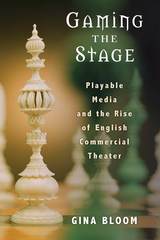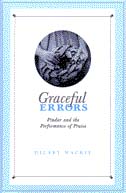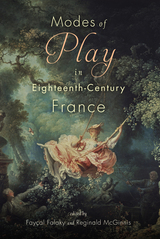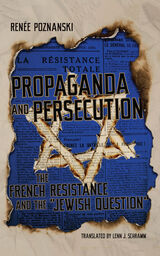
Gaming the Stage also introduces a new archive for game studies: scenes of onstage gaming, which appear at climactic moments in dramatic literature. Bloom reveals plays to be systems of information for theater spectators: games of withholding, divulging, speculating, and wagering on knowledge. Her book breaks new ground through examinations of plays such as The Tempest, Arden of Faversham, A Woman Killed with Kindness, and A Game at Chess; the histories of familiar games such as cards, backgammon, and chess; less familiar ones, like Game of the Goose; and even a mixed-reality theater videogame.

Reading Pindar's poems with their public performance in mind, Hilary Mackie suggests that the poet was forced to tread a precarious path: weighing the interests of various groups of audience members against one another, balancing praise of the victorious athlete with praise of the deeds of mythic heroes, and catering at the same time to an uncertain future. Mackie's new approach illuminates apparent contradictions in the poet's pronouncements by bringing to the fore the variety of messages conveyed in his wishes and prayers. Her innovative examination of the moment-to-moment dynamic between Pindar and his audience shows that the poet's performance often contained one message for the victor and his family, and quite another for the gods.
Graceful Errors significantly changes our perspective on Pindar's work, providing a lucid appreciation of Pindaric poetry that takes into account the oral context of these poems' performance. It will be of interest not only to classicists but also to scholars and students interested in oral performance, the social function of poetry, and the role and status of poets in traditional cultures, whether ancient or modern.
Hilary Mackie is Associate Professor of Classics at Rice University.


Hailed by Horace and Quintilian as the greatest of Greek lyric poets, Pindar has always enjoyed a privileged position in the so-called classical tradition of the West. Given the intense difficulty of the poetry, however, Pindaric interpretation has forever grappled with the perplexing dilemma that one of the most influential poets of antiquity should prove to be so dark.
In discussing both poets and scholars from a broad historical span, with special emphasis on the German legacy of genius, Soliciting Darkness investigates how Pindar’s obscurity has been perceived and confronted, extorted and exploited. As such, this study addresses a variety of pressing issues, including the recovery and appropriation of classical texts, problems of translation, representations of lyric authenticity, and the possibility or impossibility of a continuous literary tradition. The poetics of obscurity that emerges here suggests that taking Pindar to be an incomprehensible poet may not simply be the result of an insufficient or false reading, but rather may serve as a wholly adequate judgment.
READERS
Browse our collection.
PUBLISHERS
See BiblioVault's publisher services.
STUDENT SERVICES
Files for college accessibility offices.
UChicago Accessibility Resources
home | accessibility | search | about | contact us
BiblioVault ® 2001 - 2024
The University of Chicago Press









